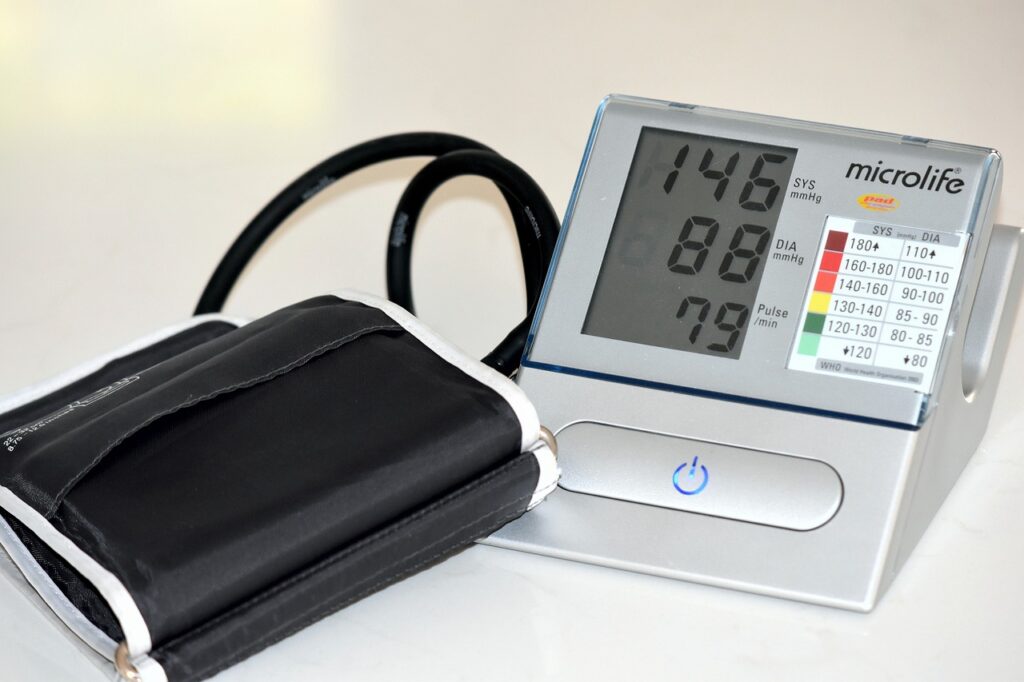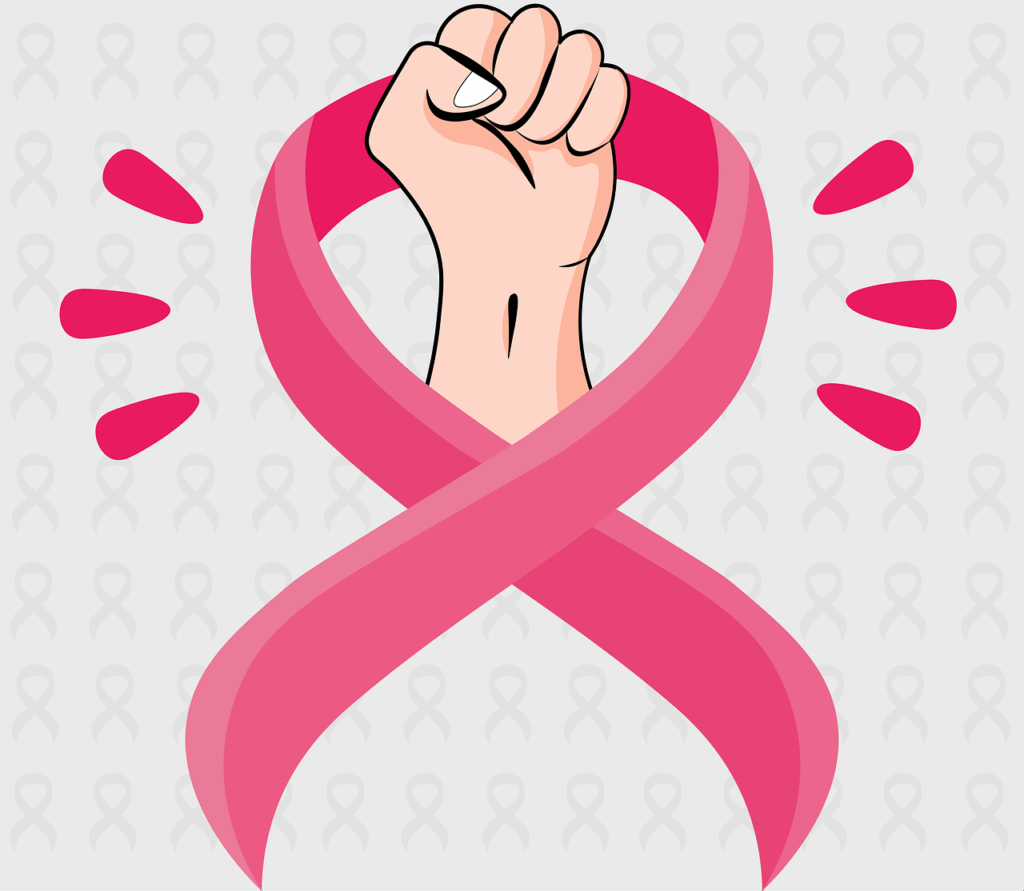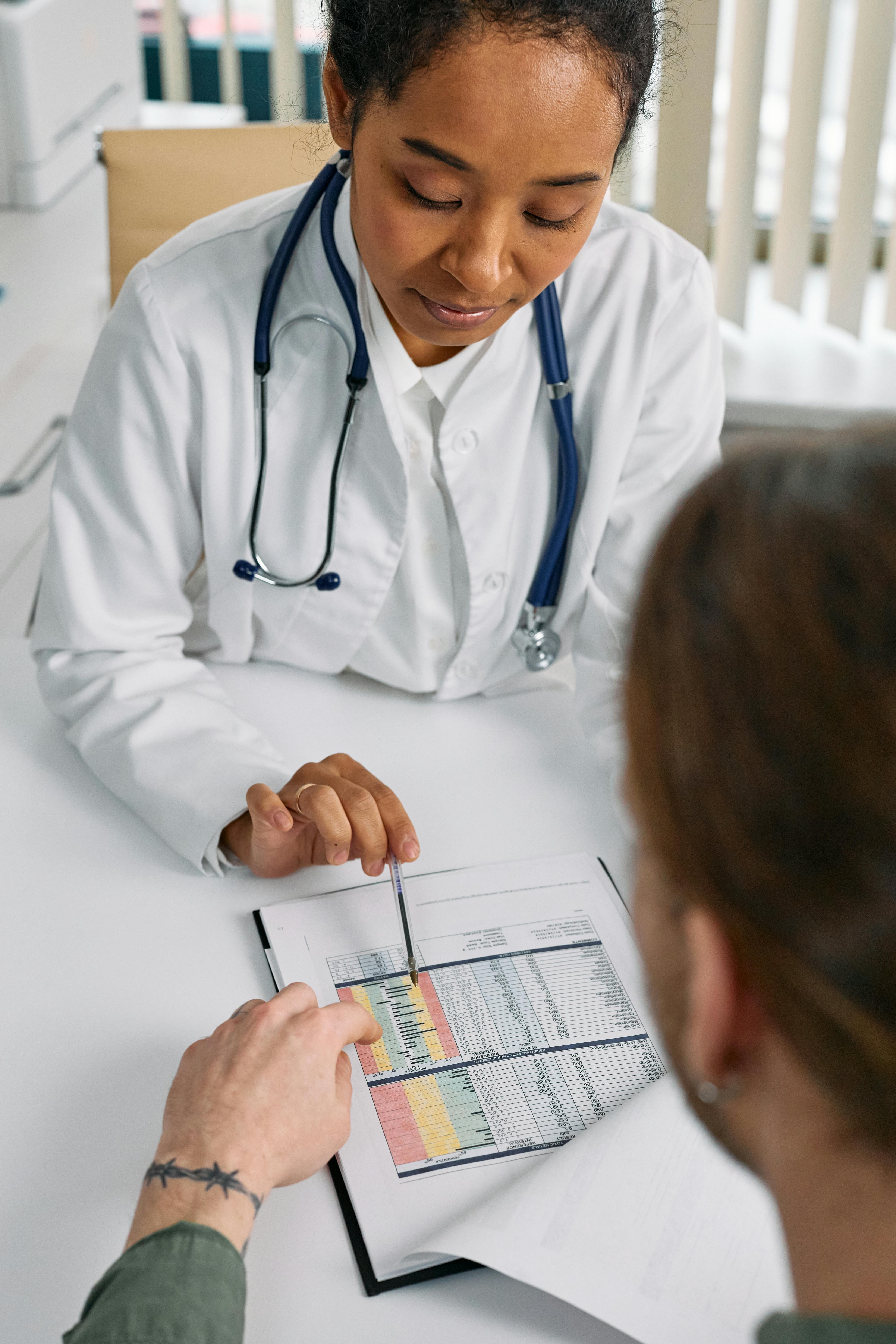
When was the last time you booked a doctor’s appointment because you felt great? It’s ironic, but those appointments, often for routine health screenings, might just be the most crucial of all. Health screenings are not merely medical formalities; they are, in essence, life-saving interventions designed to catch potential issues before any symptoms even have a chance to surface. As Dr. Michael O’Neill, a primary care provider with Hartford HealthCare Medical Group, so aptly emphasizes, “Screenings are designed to find health issues early, often before you have symptoms.”
Embracing preventive screenings is a powerful step toward taking control of your health, shifting the focus from treatment to proactive prevention. These accessible tests offer a window into your body’s current state, allowing for timely interventions that can dramatically alter health outcomes. They are truly one of the best investments you can make in yourself, providing invaluable peace of mind and the opportunity for a longer, healthier life.
Indeed, the long-term benefits of these health screenings could be monumental. They aren’t about uncovering existing problems; instead, as Dr. O’Neill wisely states, “Screenings aren’t about finding health problems; they’re about preventing them.” By understanding and prioritizing these affordable tests, you empower yourself to make informed decisions and partner effectively with your healthcare provider on a journey toward optimal well-being. Here, we delve into some of the most impactful screenings that could quite literally save your life.
1. **Blood Pressure Screening**High blood pressure is famously known as “the silent killer” for a compelling reason: it often presents no noticeable symptoms, yet it significantly elevates the risk of severe cardiovascular events like heart attacks and strokes. This stealthy opponent can work quietly and destructively within your body, making regular monitoring an absolute necessity. It’s a sobering fact that about 20% of Americans with high blood pressure are completely unaware of their condition.
Early detection of high blood pressure is paramount. Identifying this condition promptly allows you to implement timely and effective lifestyle changes, which can dramatically reduce your risk of serious complications. Simple adjustments such as cutting down on salt intake, staying physically active, and proactively managing stress can play a pivotal role in maintaining healthy blood pressure levels and safeguarding your cardiovascular system.
Medical organizations universally champion the importance of consistent blood pressure checks. The American Heart Association, for instance, recommends regular screenings at least every two years for most adults, or annually if there’s a family history of hypertension. Thanks to consistent blood pressure checks and earlier, better treatment, death rates from cardiovascular diseases have seen an appreciable decrease over the last 40 years, with some reports indicating a fall of about 65 percent.
Getting your blood pressure checked is the only definitive way to know if you should be making lifestyle changes or considering medication to bring it under control. Don’t let this silent threat sneak up on you; a simple, quick screening can provide the vital information needed to protect your heart and overall health.
Read more about: 12 Ingenious Ways Police Identify Drug-Impaired Drivers on Our Roads

2. **Cholesterol Screening**Much like high blood pressure, elevated cholesterol levels often operate without any outward symptoms, silently contributing to potential cardiovascular issues. This makes regular cholesterol screening a critical component of preventive health, offering a direct window into your heart health that might otherwise remain unseen. A simple blood test is all it takes to reveal these hidden risks.
Early detection of cholesterol abnormalities provides you with the invaluable opportunity to manage your diet and lifestyle proactively. You can adjust eating habits, increase physical activity, or, if necessary, work with your doctor to explore medication options well before any serious cardiovascular problems have a chance to develop. This proactive approach can significantly lower your risk of heart disease.
Health experts provide clear guidelines for cholesterol screening, emphasizing its importance for certain age groups and those with elevated risk factors. It is strongly recommended that men over 35 and women over 45, particularly those with concerns such as obesity or a family history of heart disease, get tested regularly. Furthermore, younger adults—men between 20 and 35 and women between 20 and 45—should also consider screening if they are at an increased risk for coronary artery disease.
By staying on top of your routine cholesterol screenings, you’re not just getting a blood test; you’re actively embracing a crucial measure to protect your heart. This small effort can lead to substantial peace of mind, empowering you to make informed decisions that promote long-term cardiovascular wellness and prevent serious health complications.
Read more about: Leveling Up After 50: 12 Habits and Foods Women Should Thoughtfully Consider Skipping for a Healthier, More Vibrant Life
3. **Colorectal Cancer Screening**When considering preventive health, it’s easy to overlook the importance of colorectal cancer screenings, but their potential to save lives is truly remarkable. Colorectal cancer stands as the third most common cancer in the U.S., impacting countless lives each year. The American Cancer Society wisely recommends initiating these crucial screenings at age 45, especially if you have a family history or other identified risk factors, while the USPSTF suggests starting at age 50.
The profound benefit of these screenings lies in their ability to detect precancerous polyps early within the colon or rectum. Doctors can then remove these growths before they ever have the chance to transform into cancer. This means that colorectal cancer screenings can not only identify cancer in its early, most treatable stages but can actively prevent it from occurring altogether. More than 90% of bowel cancers can be successfully treated if detected early, highlighting the power of this preventive measure.
Statistics underscore the monumental impact of these screenings. Between 2015 and 2019, screenings prevented an estimated 33,000 colorectal cancer cases and saved approximately 16,000 lives within one five-year period. Despite this overwhelming evidence, it’s concerning that about a third of adults aged 50 to 75 are not keeping up with their recommended colorectal screenings.
While the thought of a colonoscopy might seem daunting, it’s important to know that the preparation and the procedure itself have been significantly simplified and streamlined in recent years to enhance the patient experience. This relatively quick outpatient procedure is widely considered the “gold standard” in preventing colorectal cancers. By prioritizing these screenings, whether through colonoscopy, sigmoidoscopy, or fecal occult blood testing, you are taking a powerful, proactive step in safeguarding your health and embracing the opportunity for early detection and prevention.
Read more about: Beyond ‘Toughing It Out’: 15 Critical Health Symptoms Men Must Never Ignore
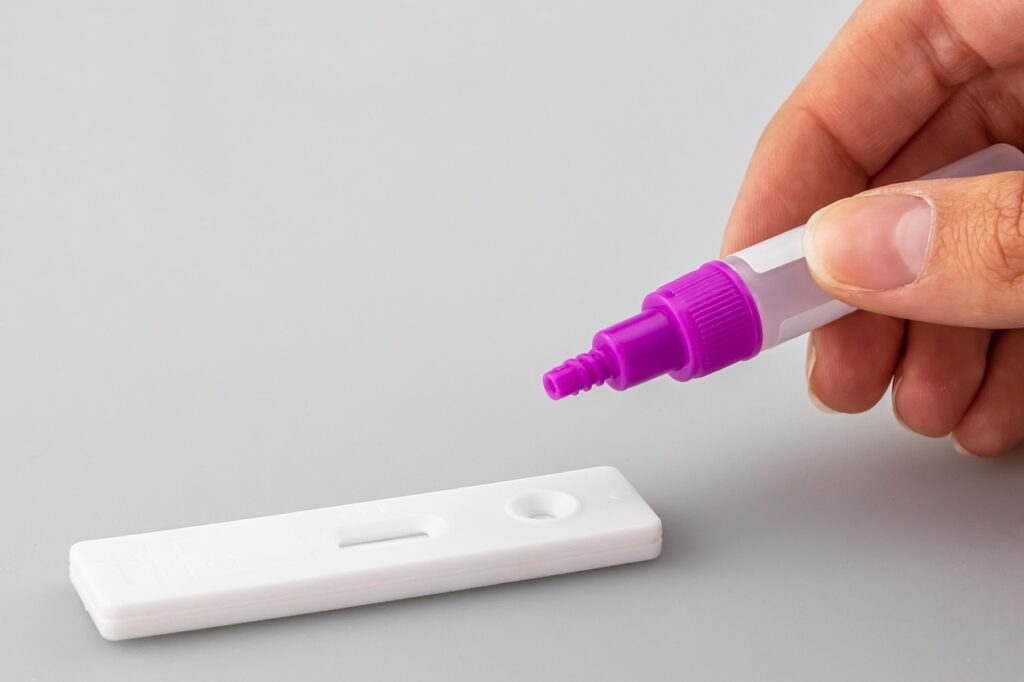
4. **Pap Test (Cervical Cancer Screening)**Cervical health is an undeniable cornerstone of every woman’s overall well-being, and the Pap test plays an extraordinarily vital role in safeguarding it. This simple yet profound screening, recommended for women starting at age 21, has achieved remarkable success in public health. Since its introduction in 1941, the Pap test has dramatically reduced cervical cancer-related deaths by an astounding 74 percent, primarily through the early detection of abnormal cells.
The brilliance of the Pap test lies in its ability to identify precancerous changes and abnormal cells in the cervix, often long before they develop into full-blown cancer. If left untreated, these abnormalities could lead to cervical cancer, making regular screening a true lifeline. By participating in regular Pap tests, typically every three years until age 65, women empower themselves with the chance to catch these potential issues early, when they are most treatable.
It is essential to collaborate closely with your healthcare providers to ensure you receive personalized recommendations tailored to your individual health needs and risk factors. While general guidelines exist, an ongoing dialogue with your doctor ensures the most effective screening schedule for you. Unfortunately, nearly 13% of women ages 21 to 65 are not currently up-to-date with their recommended cervical screenings, highlighting a critical area for improved awareness and access.
Prioritizing your Pap test brings with it immense life-saving potential. You’re not simply completing a medical task; you’re actively engaging in a powerful form of preventive care. Embrace this opportunity for early detection, and place your trust in the proven effectiveness of this simple yet highly impactful screening to guide you toward successful treatment and recovery, ensuring a healthier future.
5. **Prostate Cancer Screening**For men, prostate cancer is a significant health concern, with statistics revealing that one in eight men will face a diagnosis in their lifetime. It stands as the second most common cancer among men, underscoring the critical importance of proactive screening. Early detection of prostate cancer can truly be life-saving, making routine prostate exams and tests something no man should overlook.
The primary screening tool for prostate cancer is the PSA (Prostate-Specific Antigen) test. This crucial blood test measures the level of PSA in the blood, which can help detect potential issues early on, sometimes even before symptoms like an increased need to urinate, straining, or not feeling fully emptied after urinating become apparent. Identifying abnormalities in PSA levels can prompt further investigation and timely intervention.
Guidelines for prostate cancer screening are carefully considered to maximize benefits while minimizing potential risks. For average-risk men, screening should generally begin at age 50. However, for those at higher risk, such as men with a family history of prostate cancer or non-Hispanic Black men, it is recommended to start screenings earlier, typically at age 45. Staying informed about these guidelines in consultation with a healthcare provider is key.
Proactive screening, coupled with an understanding of individual risk factors, can appreciably increase the available treatment options should prostate cancer be detected. Considering that 34,000 men died from prostate cancer in 2021 alone, taking charge of your health today through recommended screenings is a vital step toward safeguarding your future. Don’t wait; prioritize this essential screening.
Read more about: Beyond ‘Toughing It Out’: 15 Critical Health Symptoms Men Must Never Ignore

6. **Mammograms (Breast Cancer Screening)**For women, mammograms represent a profoundly beneficial and often life-saving health screening. Breast cancer, like many other cancers, becomes dramatically more treatable when discovered in its early stages. Regular mammograms have been instrumental in significantly reducing the incidences and mortality rates associated with this prevalent disease, offering a powerful tool in women’s health arsenals.
The effectiveness of early detection through mammography is clear: more than 90% of women diagnosed with breast cancer at the earliest stage survive their disease for at least five years. This stands in stark contrast to the approximately 15% survival rate for women diagnosed at the most advanced stage. These figures powerfully illustrate why consistent screening is not just a recommendation, but a critical component of preventive care.
Various expert groups offer specific guidance on when and how frequently women should undergo mammograms. The American Cancer Society and others recommend that regular mammograms begin for women starting at age 40. The United States Preventive Services Task Force (USPSTF) specifically suggests screening every other year using mammography for women ages 50 to 74. It is essential for women to discuss these guidelines with their doctor to determine the most appropriate screening schedule based on their individual risk factors and health history.
Embracing regular mammograms means taking a proactive stance against breast cancer. It provides the earliest possible opportunity for diagnosis and intervention, turning what could be a fatal prognosis into a manageable condition. This simple, effective screening is a testament to the power of preventive medicine in preserving health and extending lives.”
, “_words_section1”: “1948
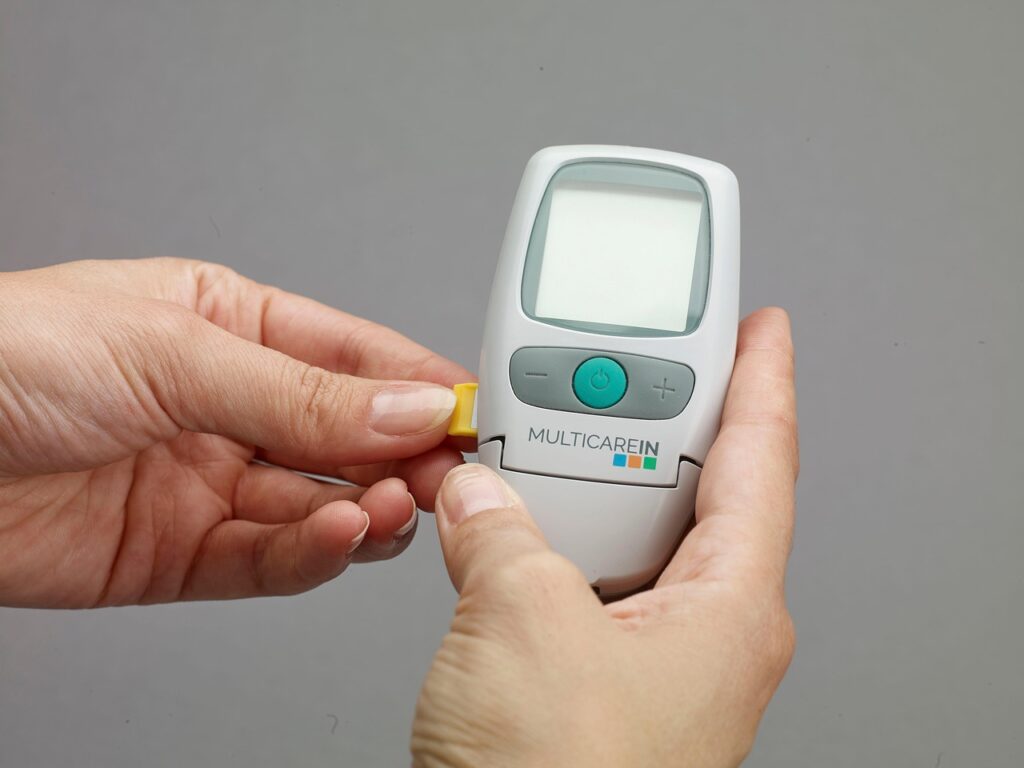
7. **Type 2 Diabetes Screening**Type 2 diabetes is a chronic condition that, if left unmanaged, can lead to serious health complications affecting the heart, kidneys, nerves, and eyes. What makes this condition particularly insidious is its tendency to develop invisibly, often without any noticeable symptoms in its early stages. This silent progression means that by the time symptoms do appear, significant damage might already be occurring within the body. Therefore, proactive screening becomes a critical defense against its long-term impacts.
Regular blood sugar tests serve as your early warning system. These accessible screenings can detect elevated blood glucose levels, indicating either type 2 diabetes or its precursor, prediabetes. Identifying these conditions promptly empowers you with the knowledge to intervene effectively. For individuals diagnosed with prediabetes, timely lifestyle changes—such as dietary adjustments and increased physical activity—can play a pivotal role in preventing the full onset of type 2 diabetes. This emphasizes the proactive power of prevention over treatment.
The United States Preventive Services Task Force (USPSTF) provides specific recommendations for who should undergo type 2 diabetes screening. It is particularly recommended for adults who do not exhibit any diabetes symptoms but have sustained blood pressure (either treated or untreated) higher than 135/80. This guideline helps target individuals at higher risk, ensuring that screening efforts are both effective and efficient in identifying those who would benefit most from early detection.
Incorporating diabetes screening into your annual health routine, alongside blood pressure and cholesterol checks, offers a holistic view of your metabolic health. This preventative measure is not just about identifying a problem; it’s about providing the opportunity to make crucial health decisions that can dramatically alter your health trajectory. By understanding your blood sugar levels, you gain a powerful tool to protect your long-term well-being and safeguard against the widespread health challenges associated with unmanaged diabetes.
Read more about: Beyond ‘Toughing It Out’: 15 Critical Health Symptoms Men Must Never Ignore
8. **Skin Checks**Our skin, being the body’s largest organ, acts as a visible indicator of health, yet we often overlook its critical role in preventive care. Regular skin checks are an absolutely essential component of health screening, specifically for the early detection of skin cancer. This includes identifying potentially malignant moles or other growths that could develop into melanoma, a serious form of skin cancer that can be life-threatening if not caught early. While most moles are benign, it’s the changes in existing ones or the appearance of new, suspicious lesions that warrant attention.
The effectiveness of skin checks lies in their ability to pinpoint precancerous changes or early-stage cancers when they are most treatable. This early detection dramatically increases the chances of a successful outcome. Experts recommend a combination of self-examinations and professional dermatological checks. Regular self-checks allow you to become familiar with your skin and spot any new or changing moles promptly. If you observe any alterations in a mole’s size, shape, color, or if it starts to itch or bleed, it is imperative to consult a specialist without delay.
Professional skin checks, conducted by a dermatologist or healthcare provider, offer a thorough examination of areas that might be difficult for you to see, providing an expert assessment of any suspicious lesions. These screenings are not merely cosmetic; they are a critical form of cancer screening designed to search for cancerous cells or tissues on the body’s surface. Early diagnosis, as with other cancers, empowers doctors to intervene when the cancer is most likely curable, preventing it from spreading and becoming more advanced.
Integrating skin checks into your comprehensive preventive health strategy is a simple yet profoundly impactful step. It parallels the importance of internal screenings like mammograms or colonoscopies, offering a direct opportunity to prevent a potentially fatal disease. By making skin health a priority and acting on any concerning changes, you are actively safeguarding your health and ensuring that any potential issues are addressed at the earliest, most advantageous stage.
Read more about: Drivers, Beware: 6 High-Risk Used Cars You Must Think Twice About Before Buying in 2025

9. **AAA Screening (Abdominal Aortic Aneurysm)**The body’s most critical blood vessel, the aorta, is responsible for efficiently pumping blood from the heart to every part of your body. However, a silent and potentially life-threatening condition known as an Abdominal Aortic Aneurysm (AAA) can develop within this vital artery. An AAA is essentially a dangerous swelling or ballooning of the aorta, primarily in the abdominal region. What makes AAAs particularly perilous is that they often present no noticeable symptoms until they reach a critical stage, allowing them to lurk undetected.
The gravest risk associated with an AAA is its potential to rupture. If this swelling in the aorta is allowed to grow unchecked, it could burst, leading to catastrophic and life-threatening internal bleeding within the stomach. This dire outcome highlights why the concept of preventive screening is so crucial for conditions like AAA—they don’t offer early warning signs in the form of pain or discomfort. Individuals can be living with a ticking time bomb without any awareness until it’s too late.
This is precisely where AAA screening becomes a game-changer. The test is specifically designed to identify an abdominal aortic aneurysm before it has the chance to burst. By detecting the aneurysm in its early stages, medical professionals can monitor its growth or recommend timely intervention, such as surgical repair, to prevent a rupture. For adults aged 50 and older, or those with a significant family history of heart disease or stroke, the risk of developing an AAA is notably higher, making this screening particularly relevant and potentially life-saving.
Recognizing the immense value of such preemptive checks, services like Life Line Screening offer accessible and affordable preventive health screenings. These services are specifically designed to catch common yet dangerous conditions like AAAs before they escalate into medical emergencies. Obtaining an AAA screening provides invaluable insights into your cardiovascular health and, most importantly, offers significant peace of mind. It allows you to take proactive control over a condition that might otherwise pose an unseen and severe threat to your life.
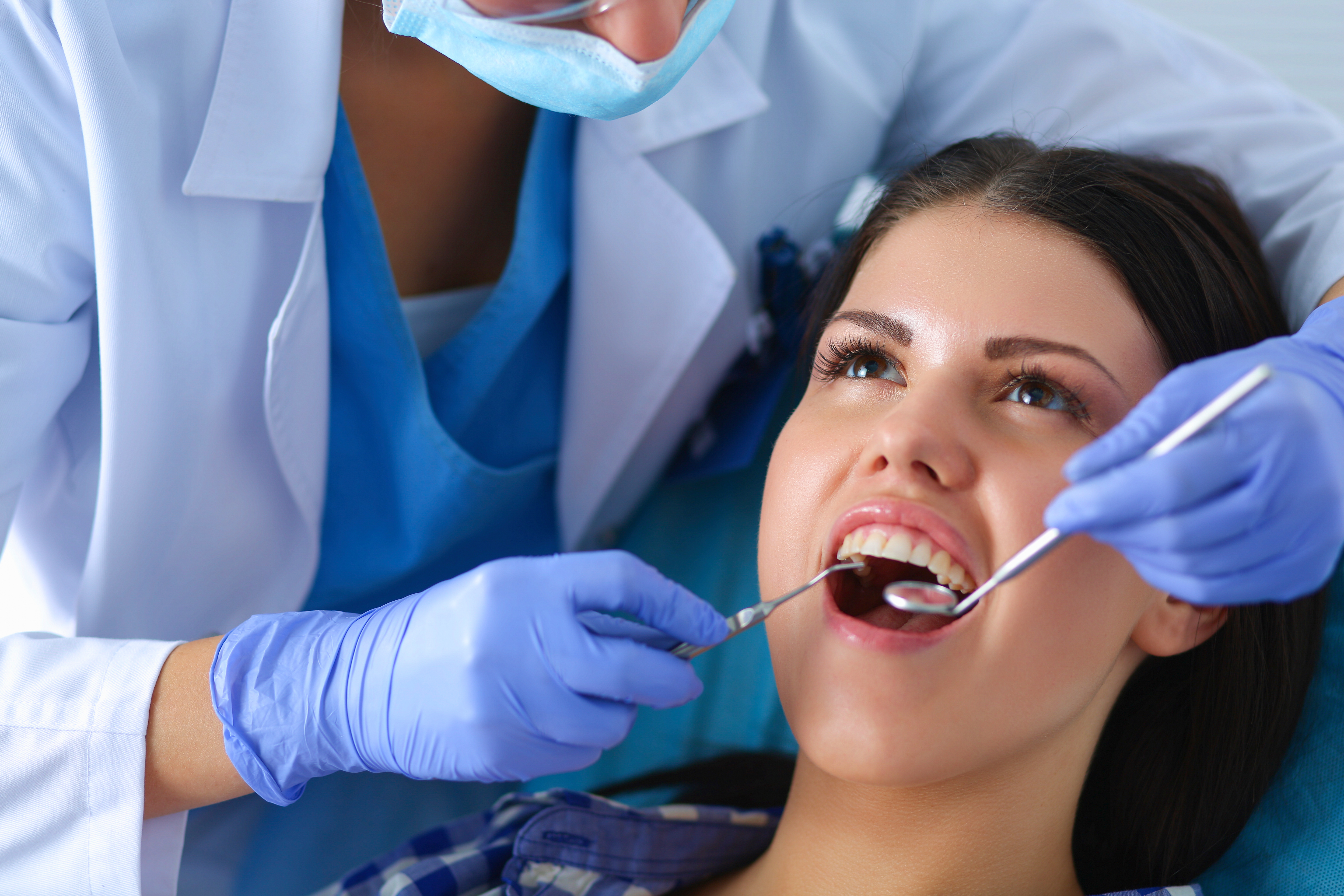
10. **Dental Checkups**While not always highlighted in discussions of life-saving medical screenings, regular dental checkups are an often-underestimated cornerstone of overall health and an essential component of preventive care. Many people mistakenly view dental visits solely for addressing pain or cosmetic concerns, but their true value lies in the comprehensive insight they provide into not just oral health, but potential systemic issues. As part of an annual health priority list, alongside vital checks like blood pressure and cholesterol, dental checkups should never be overlooked.
During these routine visits, dentists do far more than clean your teeth; they perform thorough examinations for early signs of gum disease, cavities, and oral cancers. Gum disease, if left untreated, can lead to tooth loss and has been linked to more serious health problems throughout the body, including cardiovascular disease and diabetes. Similarly, early detection of oral cancer, which can manifest in various ways, significantly improves treatment outcomes. These screenings embody the core principle of preventive health: catching potential issues before they become symptomatic or severe.
The mouth is a gateway to the rest of the body, and the health of your oral cavity can often reflect or influence your general well-being. By diligently maintaining regular dental checkups, you are actively participating in early detection and intervention, much like with any other medical screening. This proactive approach allows for issues to be addressed in their nascent stages, which is less invasive, less costly, and ultimately more effective than waiting until symptoms become debilitating.
Therefore, making regular dental checkups a consistent part of your health regimen is a powerful step towards safeguarding your entire body. These appointments help prevent localized problems from escalating into significant health crises and contribute to your overall quality of life. Don’t underestimate the profound impact a healthy mouth has on a healthy body; prioritize your dental health as an integral part of your life-saving preventive care journey.
Read more about: Unlocking the Secrets to 100: 14 Everyday Habits of Centenarians for a Longer, Healthier, and Happier Life

11. **Eye Exams**Just as regular dental care offers more than just a bright smile, comprehensive eye exams provide far more than a prescription for glasses or contacts. These routine screenings are a vital, yet often overlooked, window into both your ocular health and your broader systemic well-being. Many serious conditions that affect vision, and even those originating elsewhere in the body, can begin to manifest in the eyes without you experiencing any immediate symptoms. This makes annual eye exams an indispensable part of your overall preventive health strategy, on par with other crucial screenings.
A thorough eye examination can detect the early signs of several sight-threatening eye diseases long before they impact your vision. Conditions like glaucoma, cataracts, and macular degeneration can progress silently, causing irreversible damage if not identified and managed promptly. Beyond ocular health, the intricate network of blood vessels and nerves in your eyes can reveal indicators of underlying systemic diseases. Eye care professionals are often the first to spot subtle signs of chronic conditions such as diabetes, high blood pressure, and even certain neurological disorders.
Embracing the fundamental principle that “screenings are designed to find health issues early, often before you have symptoms,” eye exams serve as a unique and powerful diagnostic tool. They provide crucial insights that can prompt timely medical intervention, potentially preventing both vision loss and the progression of more serious health complications elsewhere in the body. Regular monitoring through eye exams enables you to make informed decisions about your health and collaborate effectively with your entire healthcare team.
By prioritizing consistent eye exams, you’re not just protecting your precious gift of sight; you’re actively contributing to your general well-being and enhancing your overall health awareness. These preventative appointments ensure that any potential issues, whether localized to the eyes or indicative of broader health concerns, are identified and addressed at the earliest and most treatable stages. Investing in your eye health is truly an investment in your entire body’s future.
Read more about: The 12 Grammar Mix-Ups You Voted Worst: Why These ‘Worse’ & ‘Worst’ Errors Are Best Avoided
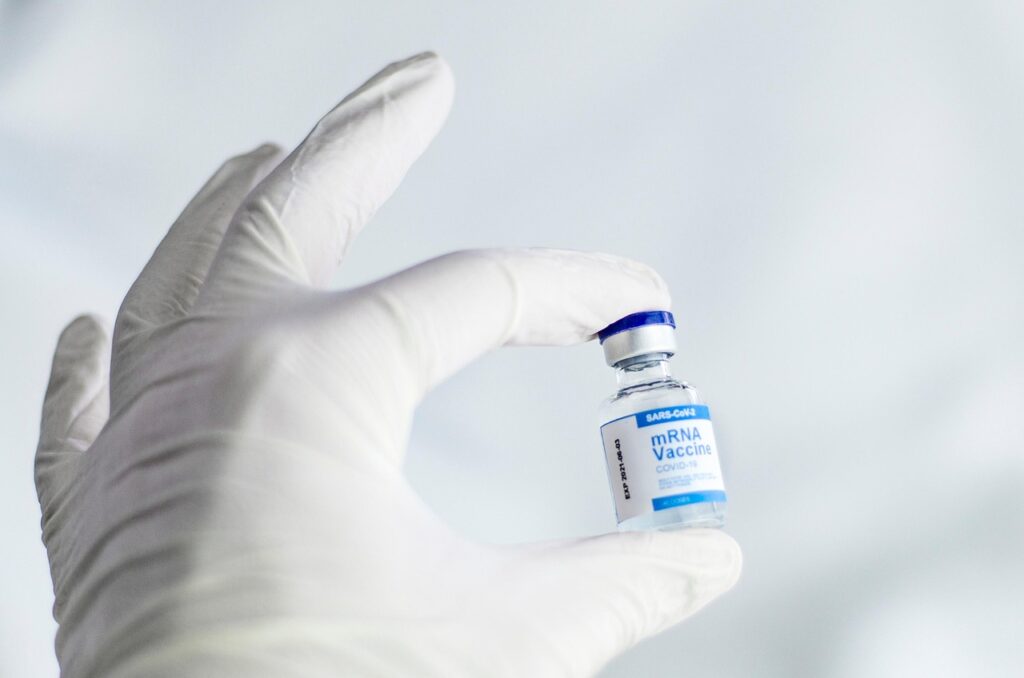
12. **Immunizations**While the term “screening” typically refers to tests that detect existing conditions, immunizations represent a paramount form of proactive health management, acting as a preventive shield against infectious diseases. The Centers for Disease Control and Prevention (CDC) consistently emphasizes the critical role of immunizations as essential preventive measures, advocating for their importance for overall well-being as a key aspect of patient education within healthcare access. They are a foundational element in any comprehensive health journey.
Immunizations are a marvel of modern medicine, working by stimulating your immune system to develop protection against specific pathogens before you are ever exposed to them. This proactive strategy significantly reduces your risk of contracting various infectious diseases, from common seasonal flu to more severe illnesses like measles, tetanus, and hepatitis. Your primary care provider plays a pivotal role in ensuring your immunization schedule is up-to-date, tailored to your age, health status, and lifestyle, thereby bolstering your defenses against a range of preventable diseases.
Beyond safeguarding individual health, maintaining current immunizations contributes profoundly to community health. High vaccination rates create “herd immunity,” which protects vulnerable populations who cannot be vaccinated, such as infants, the elderly, or those with compromised immune systems. This collective protection underscores how immunizations are not just a personal health choice but a vital public health responsibility, reducing the overall burden of disease and preventing widespread outbreaks.
Ultimately, by prioritizing recommended immunization schedules, you are actively engaging in one of the most effective and affordable forms of disease prevention available. This powerful investment in your health is a testament to the power of preventive medicine, working to ensure that you remain protected and resilient against infectious threats. Just as early screenings prevent health problems, immunizations prevent disease, ensuring a healthier future for both you and your community.
As we’ve journeyed through these 12 affordable health screenings, it becomes abundantly clear that embracing preventive care is not merely a recommendation—it’s a profound commitment to your well-being. Each screening, from the crucial cardiovascular checks like blood pressure and cholesterol to vital cancer detections through mammograms and colonoscopies, and even essential wellness measures like diabetes, skin, AAA, dental, eye exams, and immunizations, offers an invaluable opportunity. They provide insights designed to catch potential issues often before any symptoms surface, embodying Dr. Michael O’Neill’s insightful wisdom: “Screenings aren’t about finding health problems; they’re about preventing them. They’re one of the best investments you can make in yourself.”
Read more about: Diane Keaton: Her Final Days, Cause of Death, and a Look Back at a Remarkable Life at 79
By integrating these accessible and impactful tests into your health routine, you’re not just ticking boxes on a medical checklist; you’re actively empowering yourself. You’re shifting the focus from reactive treatment to proactive prevention, enabling timely interventions that can dramatically alter health outcomes. This journey of understanding and prioritizing your health, in partnership with your healthcare provider, provides not only immense peace of mind but also the opportunity for a longer, healthier, and more vibrant life. Don’t wait for symptoms to compel action; instead, choose to be proactive. Take control, book those appointments, and make the invaluable investment in your future self—a decision that will undoubtedly yield monumental benefits.

